Ruritanian romances
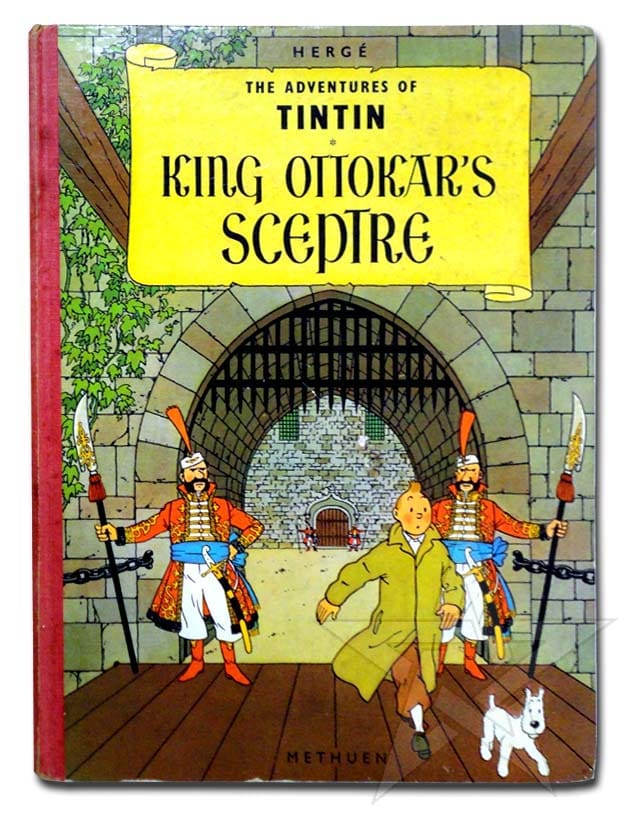
This minor literary genre has a lengthy Wikipedia description! When I was young, I enjoyed Anthony Hope’s seminal The Prisoner of Zenda (1894), but these stories seem like nostalgic nonsense these days. They are usually set in the Balkans or Eastern Europe in fictional countries like “Ruritania” and they are, to quote Wikipedia, “typically swashbuckling adventure novels, tales of high romance and intrigue, centered on the ruling classes, almost always aristocracy and royalty.” In other words, they're operettas and they're hopelessly old-fashioned... like this!
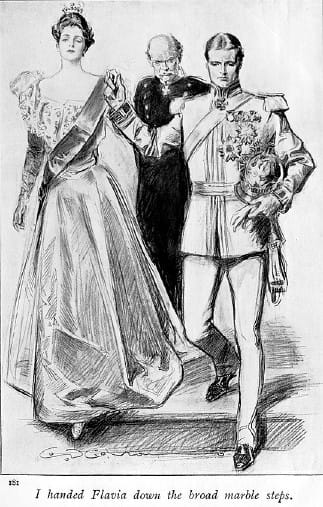
But, the genre evolved! My favorite is Hergé’s Tintin story, King Ottokar’s Sceptre (1938-1939), published in the build-up to World War II and partially redrawn in 1947. It doesn’t feature any romance (Bianca Castafiore doesn’t count), but it is more thematically complex than traditional Ruritanian romances. It’s widely accepted that Hergé intended to satirize Nazi Germany’s ambitions to take over Europe (the name Ottokar is from Bohemian kings in the 13th century). The Anschluss (annexation of Austria) occurred in March 1938 and Czechoslovakia was attacked in March 1939. Fortunately, Tintin thwarted the villains.
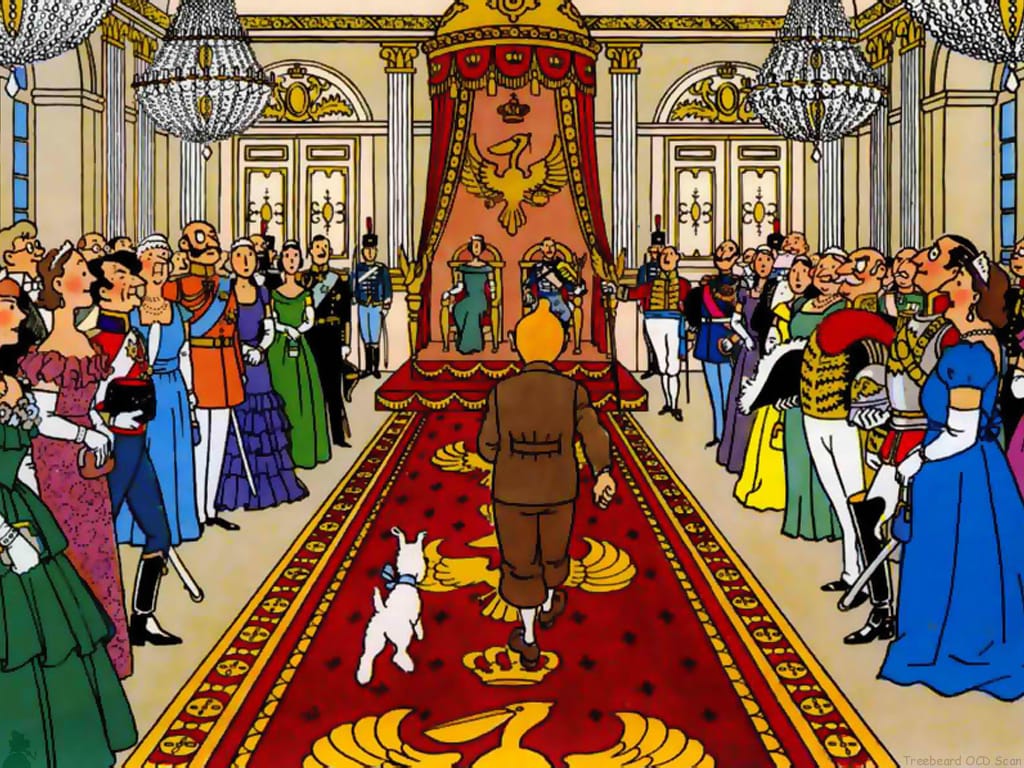
Other writers and books I enjoyed as a teen may not be Ruritanian romances exactly, but they are imperialist and orientalist fantasies with similar themes, for example H. Rider Haggard’s Allan Quatermain novels, like King Solomon’s Mines (1885) and She (1887), which influenced Kipling, Conan Doyle, Freud and Jung, Joseph Conrad and John Buchan. And me.
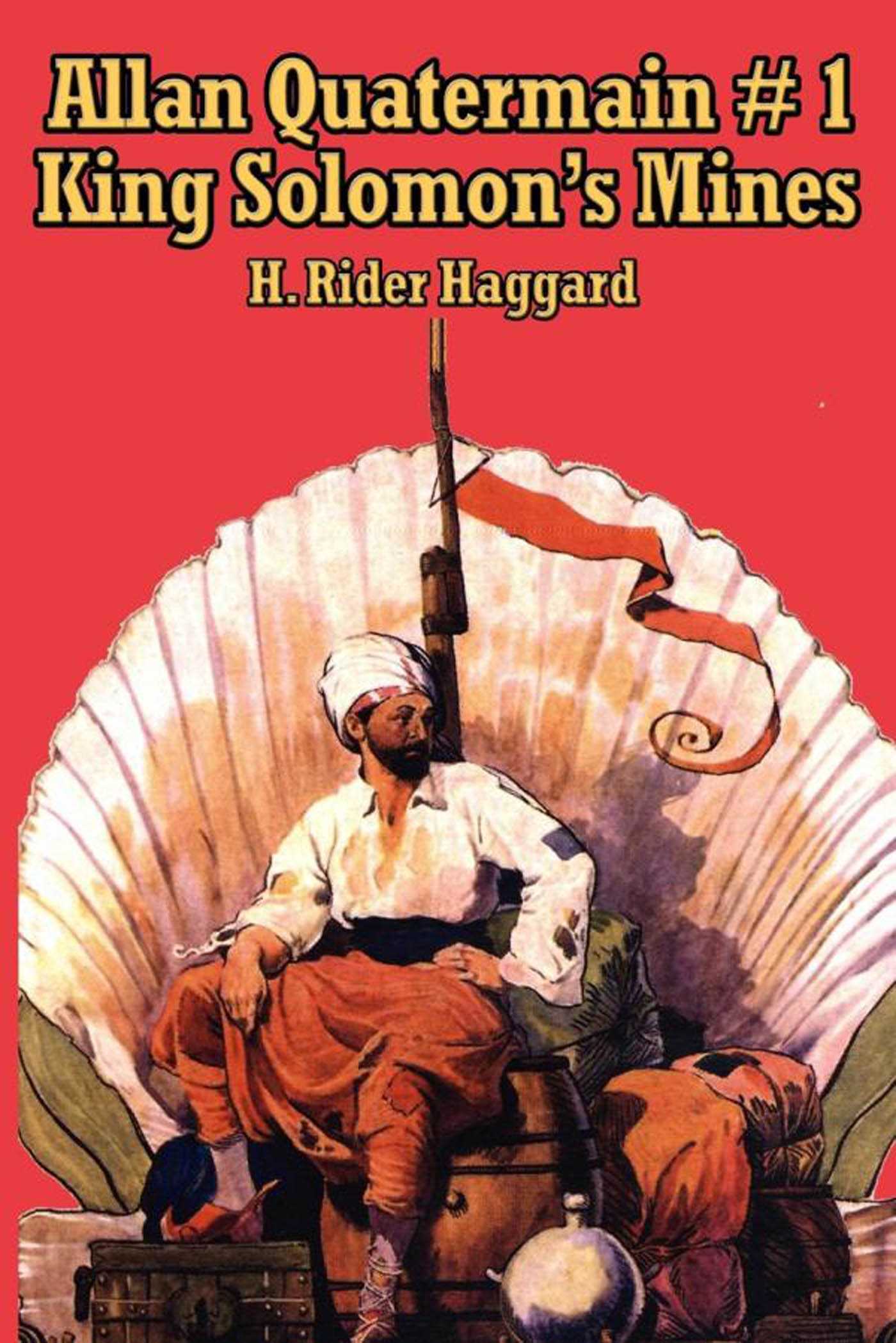
I am also including Buchan’s wonderful Greenmantle (1916), set in the Ottoman Empire during World War I, which was designed as British propaganda weapon against Germany. It in turn surely influenced Ian Fleming (James Bond) and George Lucas (Indiana Jones), among others.
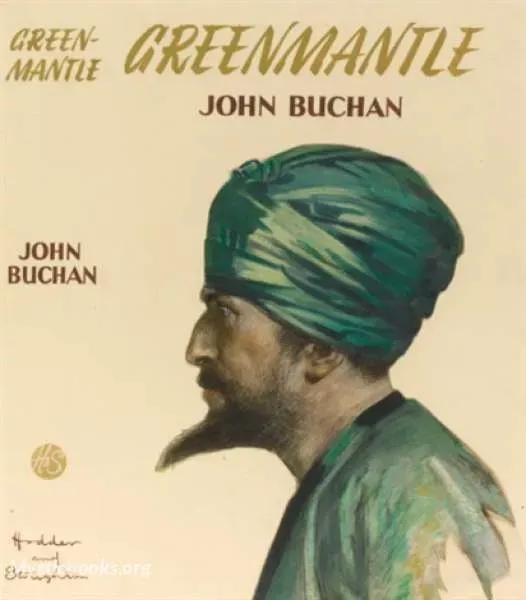
What is generally missed in post-colonialist analyses is that the writers of these imperial fictions (H. Rider Haggard, Buchan, Richard Burton, etc.) genuinely respected and admired the cultures they plundered.
